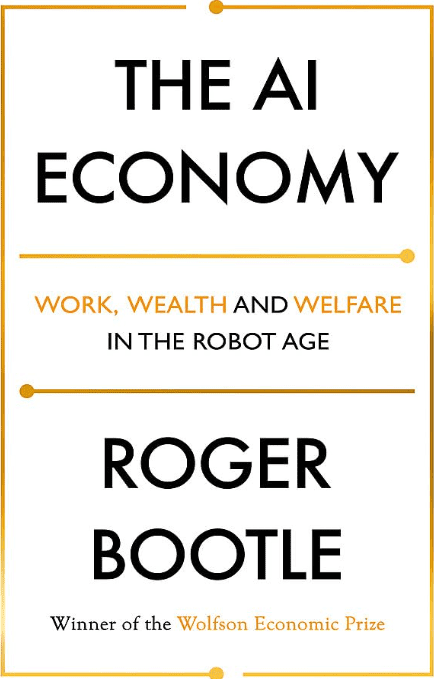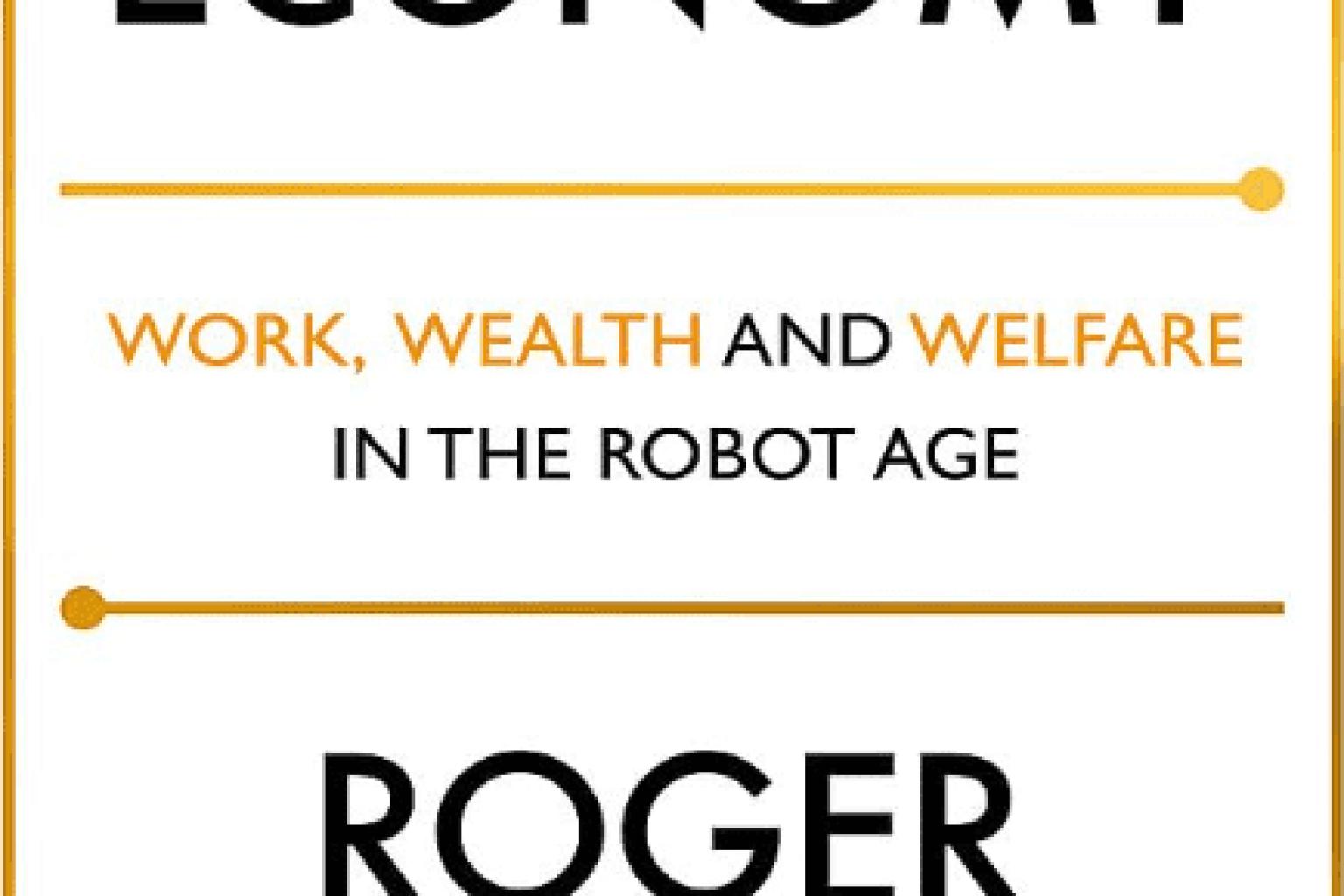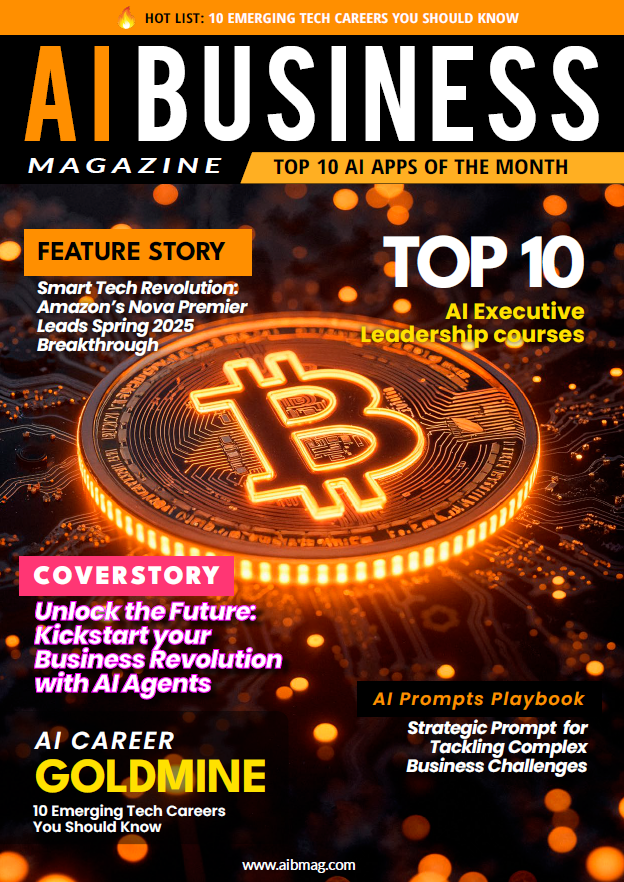The AI Economy: Work, Wealth and Welfare in the Robot Age
By Roger Bootle

The AI Economy comes from Roger Bootle, an acclaimed economist who won gold in the Business Technology category of the 2020 Axiom Business Book Awards. Published in 2019, this book responds to the fascinating economic questions posed by the age of the robot, steering a path away from tech jargon and alarmism towards a rational explanation of the ways in which the AI revolution will affect us all.
At AI Business Magazine, we often highlight resources that bridge technical insight with real-world economic understanding and Bootle’s work stands out for doing just that. What makes this book particularly valuable is Bootle’s economic perspective on AI adoption. While many AI books focus on technical capabilities or strategic implementation, Bootle addresses the fundamental economic forces that will determine AI’s real-world impact. His analysis draws from decades of experience as an economist and business adviser, complements the growing number of AI courses aimed at technical and managerial audiences.
The book tackles the implications of Artificial Intelligence on growth, productivity, inflation and the distribution of wealth and power, examining coming changes to the way we educate, work, and spend our leisure time. This comprehensive approach helps business leaders understand the broader economic context in which their AI initiatives will operate.
Economic Realities of AI
Bootle’s approach stands out because it addresses the gap between AI promises and economic reality. Many discussions of AI focus on technological possibilities while ignoring the economic constraints and market forces that determine actual adoption rates and business impact.
The book excels at analyzing how AI will affect fundamental economic variables: productivity growth, employment patterns, wage levels, and wealth distribution. Bootle provides frameworks for understanding these changes that go beyond simple automation narratives to examine the complex interactions between technology, markets, and human behavior.
What makes this analysis particularly valuable is its grounding in economic theory and historical precedent. Bootle draws lessons from previous technological revolutions to provide context for understanding AI’s likely trajectory and impact. This historical perspective helps leaders avoid both excessive optimism and unwarranted pessimism about AI’s economic effects.
Practical Business Implications
One of the book’s greatest strengths lies in its treatment of how AI economics will affect business strategy and operations. Bootle explains why some AI applications create sustainable competitive advantages while others quickly become commoditized.
The book addresses critical questions that business leaders face: How will AI affect pricing power? What happens to profit margins when AI capabilities become widely available? How should companies think about investing in AI when the economic returns remain uncertain?
Bootle’s analysis helps executives understand the economic dynamics that will determine which AI investments succeed and which fail. This perspective proves essential for making informed decisions about AI adoption, particularly for companies with limited resources and multiple competing investment priorities.
Long-term Strategic Planning
The book steers away from tech jargon and alarmism towards a rational explanation of AI’s effects, making it accessible to business leaders who need to understand economic implications without becoming technical experts. This approach helps executives incorporate AI considerations into their long-term strategic planning.
Bootle provides guidance on preparing for economic changes that AI will bring, from workforce development to capital allocation to market positioning. His recommendations focus on building organizational capabilities that remain valuable regardless of how quickly AI technology evolves.
The book also addresses broader economic policy questions that affect business planning: How will governments respond to AI-driven economic disruption? What regulatory frameworks are likely to emerge? How will international trade be affected? These considerations help leaders anticipate the business environment in which their AI strategies will operate.
Balanced Perspective
What sets this book apart is its balanced treatment of AI’s economic potential and limitations. Bootle acknowledges AI’s transformative possibilities while maintaining realistic expectations about adoption timelines and economic impact.
This balanced approach helps business leaders avoid both the hype that leads to poor investment decisions and the skepticism that causes them to miss real opportunities. Bootle’s economic analysis provides a foundation for making informed decisions about AI adoption based on realistic assessments of costs, benefits, and market dynamics.
Available on Amazon: Click here






